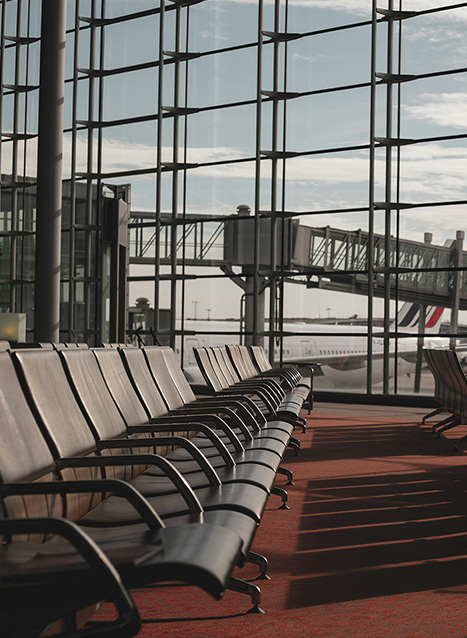Evacuations from High-Risk Locations Call +44 (0)1202 308810 or Contact Us →

Update: UK Foreign & Commonwealth Office advises against all but essential travel
25 Apr 2019
25 April the FCO officially changed its advice for Sri Lanka advising against all but essential travel. According to the Foreign Office,terrorists are very likely to carry out indiscriminate attacks, including in places visited by foreigners.
Updates
- On 25 April the FCO officially changed its advice for Sri Lanka advising against all but essential travel. According to the Foreign Office, terrorists are very likely to carry out indiscriminate attacks, including in places visited by foreigners.
- Sri Lankan President has requested the resignation of the Chief of Police and the Defence Minister, who left his position but will continue to serve until a suitable replacement will be appointed.
- The authorities revealed that one of the suicide bombers was previously arrested by the police and then released. The father of one of the perpetrators, a spice trader, was also arrested and is held under the suspicion of aiding the attackers.
- As many as 700 people belonging to Muslim minorities are in hiding after fleeing their homes in response to a spike in communal and sectarian violence, which is taking place in retaliation to the Easter Sunday terror attack.
SITUATION SUMMARY
A series of coordinated bombings targeting three churches and three luxury hotels took place on 21 April, Easter Sunday, in the cities of Colombo, Negombo and Batticaloa. The first 6 blasts, exploding around 8:45 am local time, were aimed at maximising casualties, targeting people gathering for Easter mass and breakfast in the hotel restaurants. Two more bombs exploded later in the afternoon in Colombo, in a tragedy that increasingly looked like a large-scale jihadist terror attack. It was the deadliest strike suffered by Sri Lanka since the end of 26-year-long civil war against Tamil separatists, marking the end of a decade of relative peace and hope for a future of security, democracy and rule of law. The attack comes in the context of a state weaken by massive foreign debt, great political instability and a delicate transitional period.
According to the Ministry of Defence Ruwan Wijewarde the death toll as of Tuesday 23 April, officially the national day of mourning, is of 321, of which 38 foreigners, including British, U.S., Australian, Turkish, Indian, Chinese, Danish, Dutch and Portuguese nationals. Over 500 people have been wounded.
Security has been heightened across the islands, with the affected areas been closed off and subject to permanent military presence, while the security operations and investigations continue. At the time of writing, the police have detained approximately 40 people, which are currently under interrogation, mostly from Sri Lanka but also including one Syrian national.
In the aftermath of the attack, the government declared a state of emergency and instated a curfew from 8pm to 4am. It also initiated a social media shutdown until the end of the investigations, reportedly due their role in spreading misinformation regarding the attacks, as well as security operations that currently ongoing. The government also fears a resurgence of communal sectarian violence across the country and sees social media as a potentially radicalising platform.
The terrorist threat appeared to remain active during the day after the attack, as the police forces continued to discover and disarm explosives or suspected devices in several locations in Colombo. A vehicle was destroyed in a controlled detonation by the EOD unit just outside St. Andrews Church, which also intervened in Kollupitiya railway stations in Colombo for an unattended package found on a train.